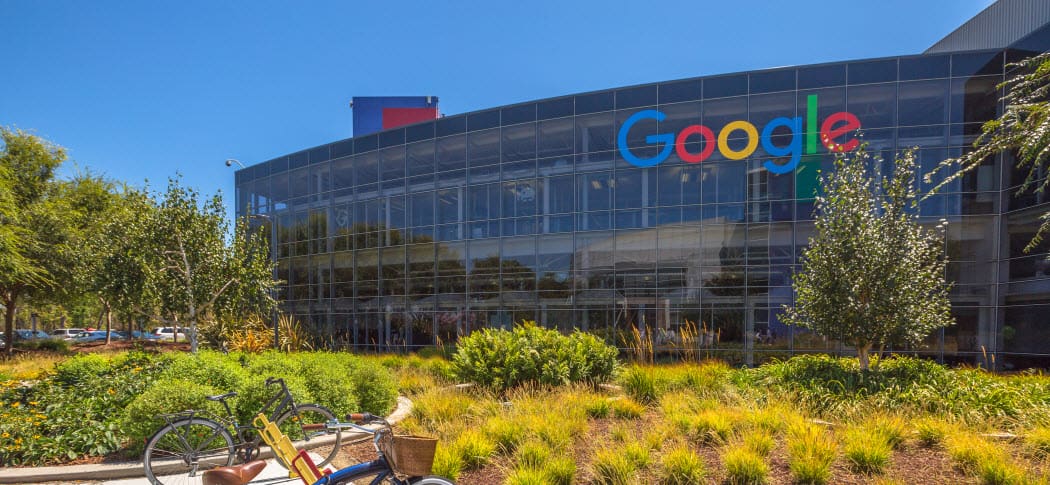Previously you would choose to sign in to Chrome to sync bookmarks, passwords, and history between devices. But with Chrome 69, if you just logged in quick to check your Gmail, it will automatically log you into the browser.
Google Reversing Course for Chrome 70
In a recent blog post, Google revealed it will give users control over the web browser experience in Chrome version 70, which is expected to rollout mid-October. While the automatic Chrome sign in (when you log into Gmail or any other Google website on the web) will still remain the default behavior, it will allow you to opt-out.
In addition, Google also announced a couple of other new changes coming with Chrome 70. It is making visual changed to the Sync UI to make it clearer if you’re syncing your personal data like passwords and addresses to your Google Account. And it is also changing the handling of clearing auth cookies. “In the current version of Chrome, we keep the Google auth cookies to allow you to stay signed in after cookies are cleared. We will change this behavior that so all cookies are deleted and you will be signed out,” writes Chrome Project Manager, Zach Koch. Google has been in the news lately with criticisms over its privacy policy. For instance, a few weeks ago, the Associated Press revealed that the company sneakily changed the way it tracks your location. And in case you missed it, here is how to really stop Google from tracking you. For those who are rightly concerned about the privacy implications of forced logins, these changes in Chrome 70 will be welcomed. And if you are still irritated by the refreshed design introduced in Chrome 69, read our article on how to change it back. Comment Name * Email *
Δ Save my name and email and send me emails as new comments are made to this post.
![]()



